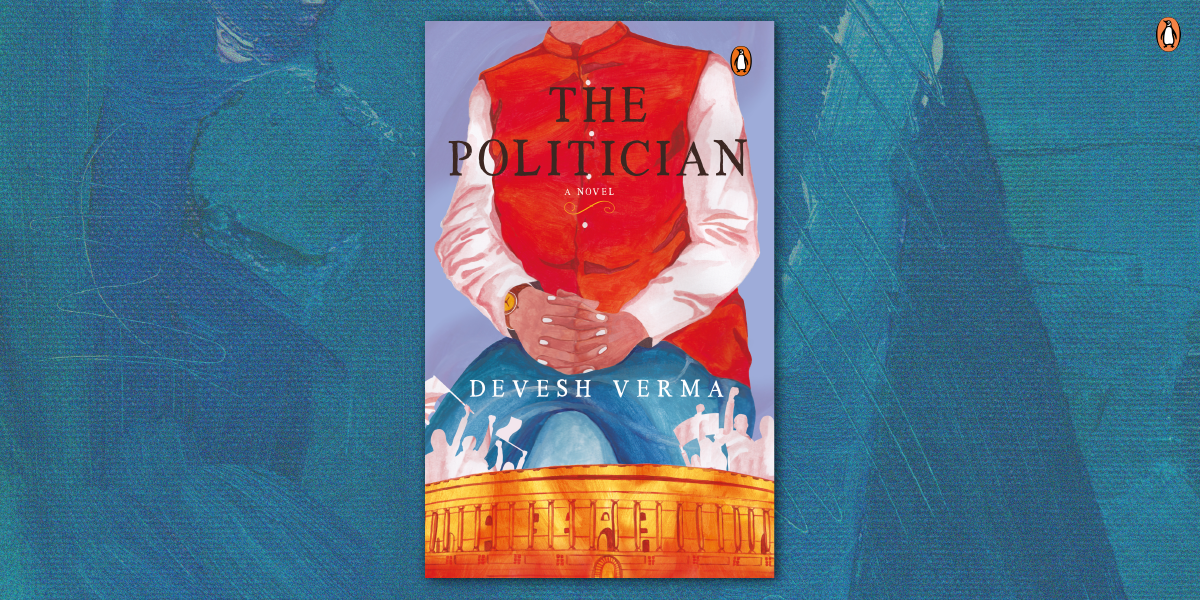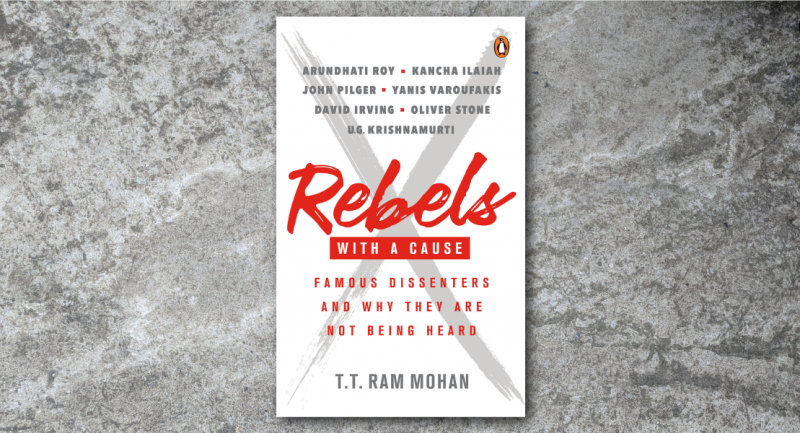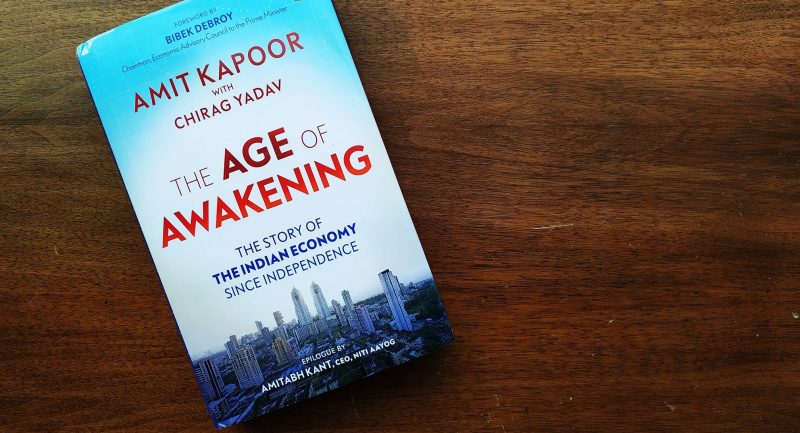
Beginning at the peak of Nehruvian era and ending in the early seventies, Devesh Verma’s sharply witty saga The Politician gives an enthralling, evocative view of provincial northern India-once the political heartland of the country-and the ebb and flow of the fortunes of its protagonists.
Ram Mohan is an intrepid and ambitious young man in newly independent India, who refuses to be held down by his humble origins. Spurred on by his diehard optimism, he aims for things usually inaccessible to people of his extraction. However, he soon realizes that without political or bureaucratic power, the idea of a respectable life in India is nothing but pretense, and after a Gulab Singh rescues him from being insulted by a thug, Ram Mohan becomes persuaded of the efficacy of violence in certain situations.
Read on for a glimpse into Ram Mohan’s early days, and his initial faux pas balancing political ambition and political correctness!
The flame of political ambition kindled by Kishan Lal Tiwari was still burning bright in Ram Mohan. It was one of the reasons Ram Mohan did not want to defer his research work any further.
Parliamentary and Assembly elections might still be a few years away; he wanted to employ this time to achieve his scholarly objective, a feather in his cap; after which he could think of a way to assert his presence in the political arena as well. It could be either through contesting an election as suggested by Tiwari ji or through associating with the campaign of some important candidate of the Congress. But he was sure if he decided to be in the fray, it would not only be to prove his following. He would fight with a view to securing victory by convincing castes other than Kurmis of his merit. The mere thought of surprising them by his ability to quote from Sanskrit classics and Tulsidas’s Ramcharitmanas was uplifting.
He was never apolitical, but his interest in politics after meeting Tiwari ji had jumped to another level; he would make it a point now to keep abreast of all important political happenings. Just the previous year, he had taken part in a public meeting in Kanpur organized to condemn the allegations of corruption against Nehru government. It was district Congress committee’s answer to the protest rallies of the Communist Party and the People’s Union, the right-wing Hindu party; the former had a strong support base among the workers in state-owned mills of Kanpur, the latter drew its strength from the city’s Hindu shopkeepers. Given his poor grasp of the details, Ram Mohan simply lambasted the opposition, declaring that it was a sin to even insinuate that the allegations could be true; to back up his contention, he invoked the figures of Gandhi, Patel, Nehru and the like whose values were the cornerstone of the Congress. Biting at each word, Ram Mohan wondered how a respectable member of the Union cabinet chosen by Nehru ji could be accused of any financial misconduct. His speech had brought tears to the eyes of some old Congressmen.
Later however, the controversy had transformed into a monstrous scandal, brought to light by none other than Nehru’s estranged son-in-law, a Congress MP. He had raised the issue in Parliament. What had seemed to have transpired was that the Life Insurance Corporation of India had ploughed a huge amount of money into a private company of tenuous reputation; the shares were bought the day the stock markets were closed and at a price much above their market-value. The resulting uproar forced the government to order a judicial enquiry, which found the finance minister guilty of making the fraudulent investment. He had no option but to resign. It was the first big instance of government corruption coming to surface in independent India, which shocked Ram Mohan into making a fetish of financial honesty and pouring scorn on people suspected of bribery. Before Ram Mohan could plunge into research on the poetsaint, there had been a couple of more Congress-related events to engage him.
Soon after the scandal, Nehru dropped the bomb of his reluctance to continue as PM, arguing the position demanded ceaseless work, leaving him with no time ‘for quiet thinking’. The Congress was thrown into turmoil. Congressmen across the country were falling over themselves to issue appeals to the party to pay no heed to the hideous idea. When local congress leaders in Kanpur met to pass a resolution against Pandit ji’s ‘request’, Ram Mohan committed a political faux pas by suggesting— to the extreme embarrassment of all the office bearers in the committee—that the resolution should also urge Nehru ji to identify and nurture an alternative leadership before he could think of quitting. Ram Mohan had to be shouted down by all those present. ‘We’re shocked and disgusted at this temerity,’ bellowed a committee member. Anyway, the crisis blew over shortly as Nehru quit the idea of quitting by bowing down to the party’s wish.










